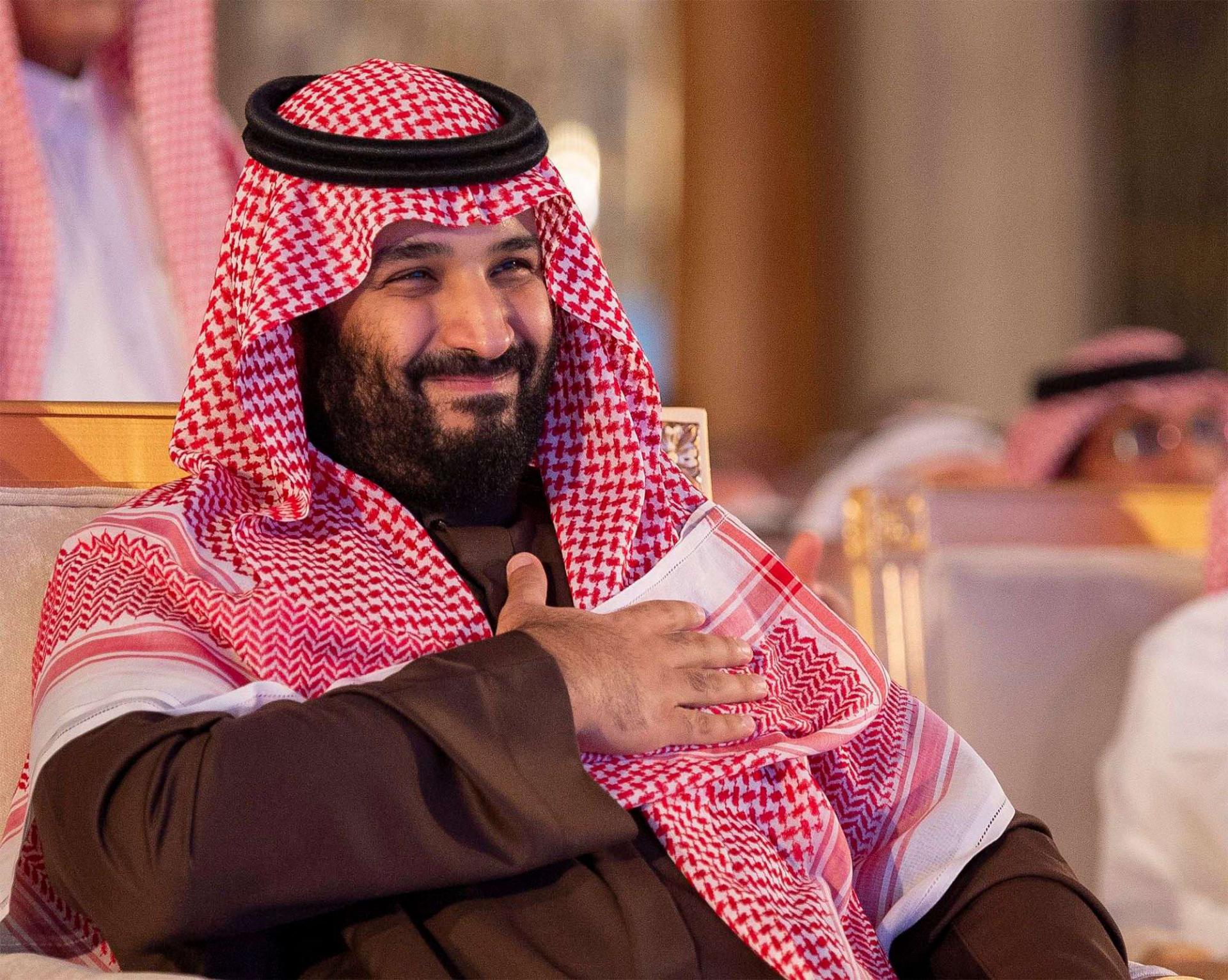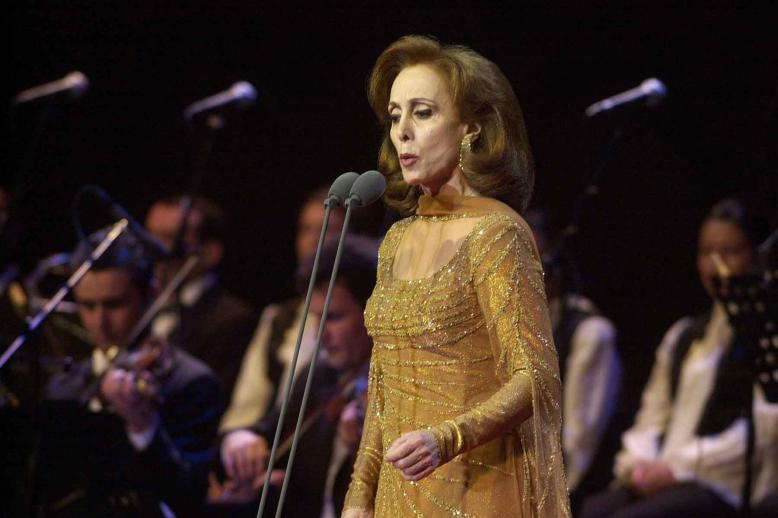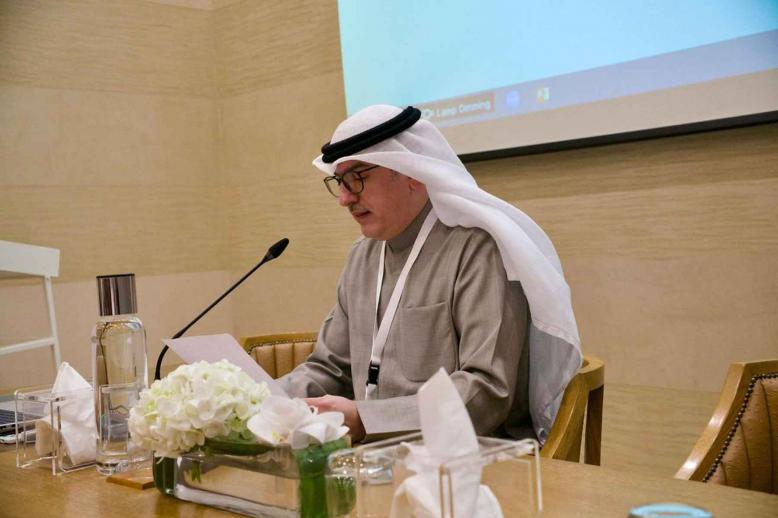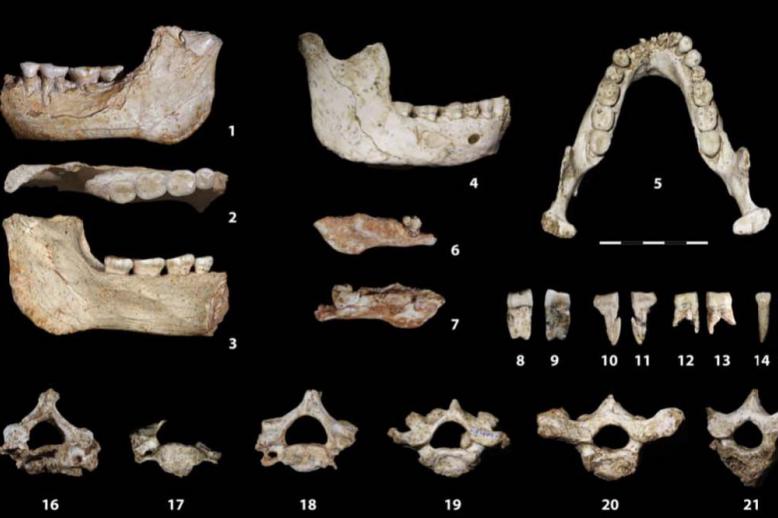Riyadh introduces major investment initiative
Riyadh is blitzing foreign investors with opportunities in the kingdom for the coming decade while promising major investments of its own in the United States.
The government of Saudi King Salman bin Abdulaziz Al Saud capitalised on access to foreign executives and bankers at the World Economic Forum in Switzerland to promote a new domestic development programme.
Securing foreign investment deals in the kingdom in the near term would not only help jumpstart the kingdom’s economy by growing the private sector but could help Riyadh fend off potential punitive measures from Western governments should more damning information regarding the killing of journalist Jamal Khashoggi come to light.
The Saudi government rolled out the biggest component of its new investment drive on January 28 — a 10-year, $426 billion development programme focusing on private sector transportation and industry investments that could contribute $320 billion to the Saudi economy by 2030 as well as generate 1.6 million jobs for Saudi nationals.
As part of an investor conference in Riyadh, the Saudi government reported it signed nearly 40 agreements valued at $54 billion. Another 29 deals worth $960 million covering mining, logistics and energy “ready for negotiations” were touted during the event.
Saudi Transportation Minister Nabeel al-Amoudi said as much as $36 billion in investments was earmarked for transportation infrastructure projects by 2030, including plans to build five airports and produce 200km of railway.
These investments will be directed through the National Industrial Development and Logistics Programme (NIDLP). The NIDLP was created as part of Saudi Vision 2030, which is to transform the kingdom’s economy by making it less dependent on oil revenues.
NIDLP CEO Aabed Abdulla al-Saadoun said the Saudi government will inject $26.6 billion into the industrial development programme this year and next.
One of the goals of Vision 2030 is to have the Gulf country’s private sector operate much of the transportation infrastructure — including airports and seaports — with the government serving as regulator.
Saudi Oil Minister Khalid al-Falih, speaking of the programme, said: “It’s quite ambitious but it’s over a 10-year period so we’ve got the time to do it. All of this will happen while we’re building our oil economy.”
He said he expects the investments will help establish 11 new private sector industries in the kingdom, ranging from aerospace to biomedicine. Falih said the development programme will link the energy, mining and infrastructure industries together to bolster the kingdom’s fledgling private sector.
The NIDLP will seek to raise money for the infrastructure and industry projects from foreign and domestic investors. It may not be coincidental that a leading Saudi investment company signalled its intention to spend heavily in the kingdom.
Kingdom Holding CEO Talal Ibrahim al-Maiman announced January 21 that the company planned to spend $1 billion in Saudi Arabia over the next six months, saying: “We believe there are better opportunities in Saudi Arabia and the region today.”
Maiman said he hopes other executives will also invest in the kingdom and he rejected the suggestion that his firm ramped up its spending at home due to political strong-arming.
Kingdom Holding Chairman Prince Al-Waleed bin Talal was detained in November 2017 for nearly three months as part of the Saudi government’s corruption crackdown targeting former and current government officials and high-profile businessmen.
He was released after reaching a settlement approved by the state prosecutor. Prince Al-Waleed — considered one of the world’s richest men — has since his release publicly supported Saudi Crown Prince Mohammed bin Salman bin Abdulaziz, championing him as a “for real” reformer.
While looking to lure large-scale investment for domestic development, the Saudi government wants to make a major play internationally and, not surprisingly, set its sights on the US market.
Saudi Aramco CEO Amin Nasser, at the World Economic Forum, suggested that his firm would not only sink $10 billion into enhancing its wholly owned Port Arthur, Texas, Motiva refinery — the largest refinery in the United States — but will also secure American natural gas assets.
Nasser said: “Aramco’s international gas team has been given an open platform to look at [US] gas acquisitions along the whole supply chain. They have been given significant financial firepower — in the billions of dollars.”
He noted in November that the state energy firm’s gas expansion plans required $150 billion of investment over the next decade while Saudi Arabia pushes to increase its output and become a gas exporter.
Jareer Elass is a Washington-based energy analyst, with 25 years of industry experience and a particular focus on the Arabian Gulf producers and OPEC.
This article was originally published in The Arab Weekly.







